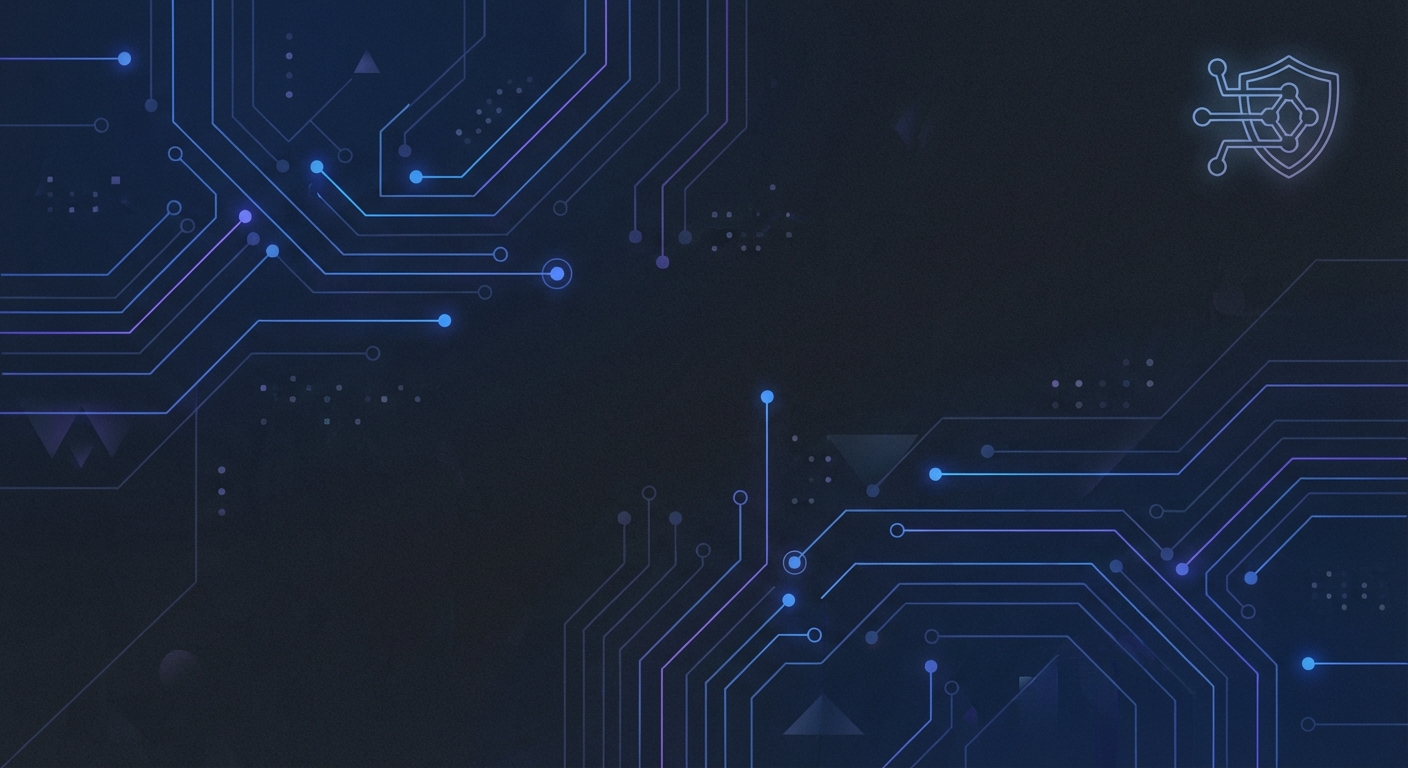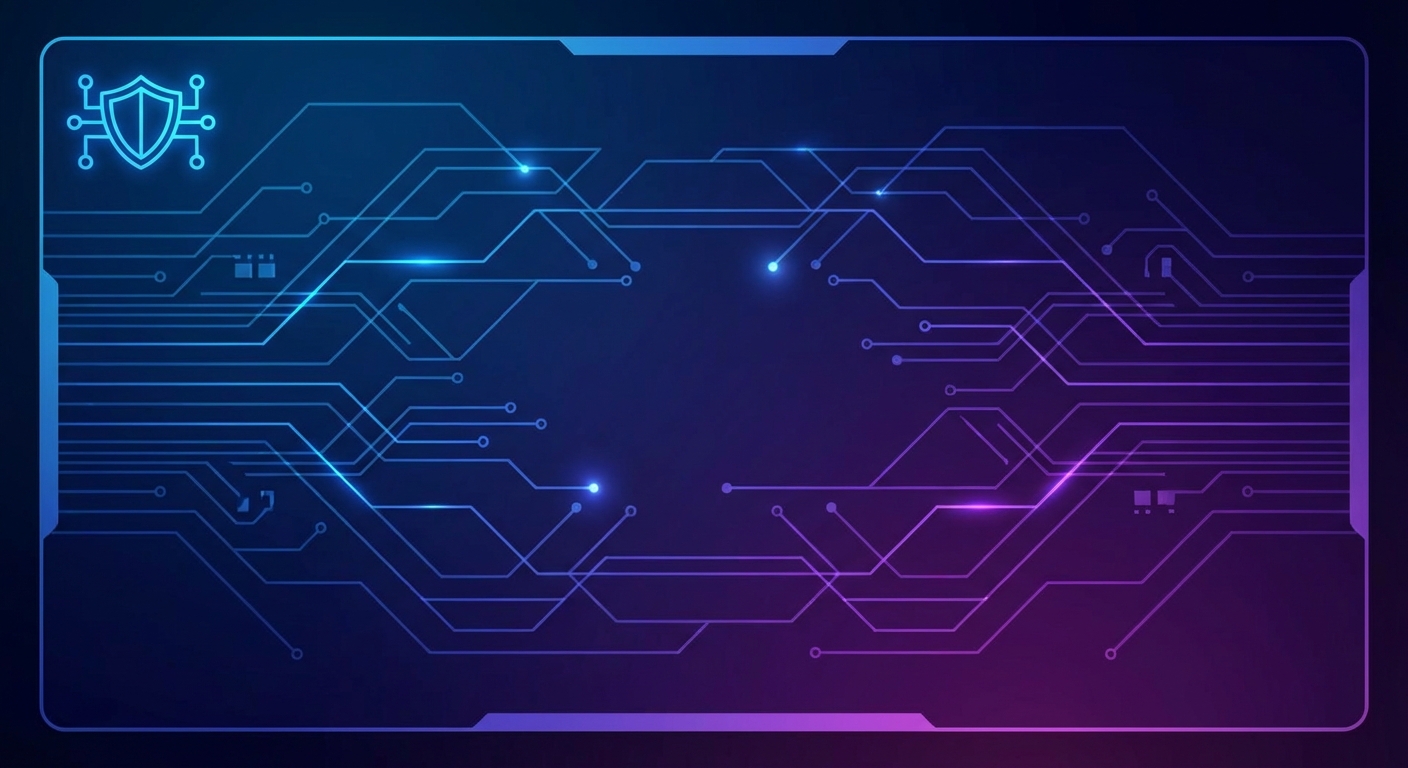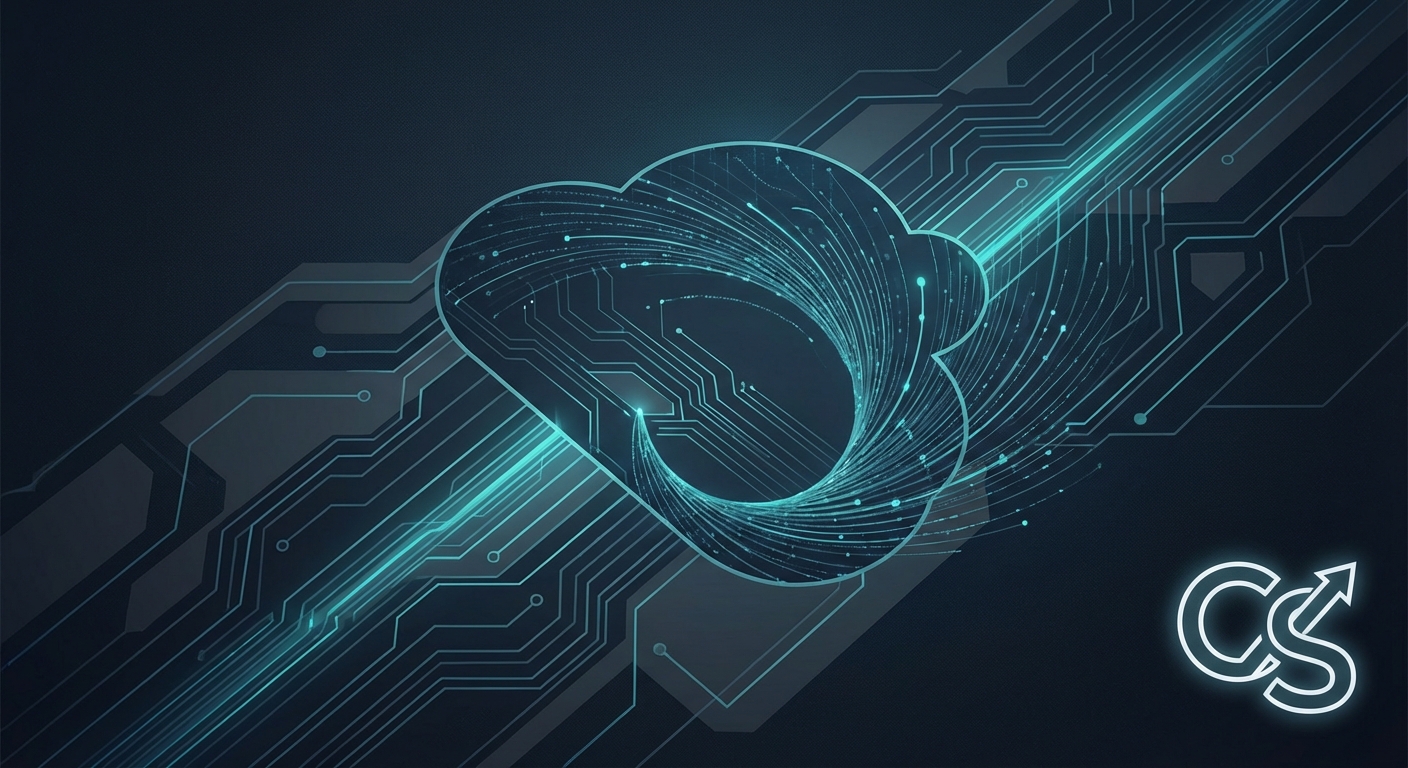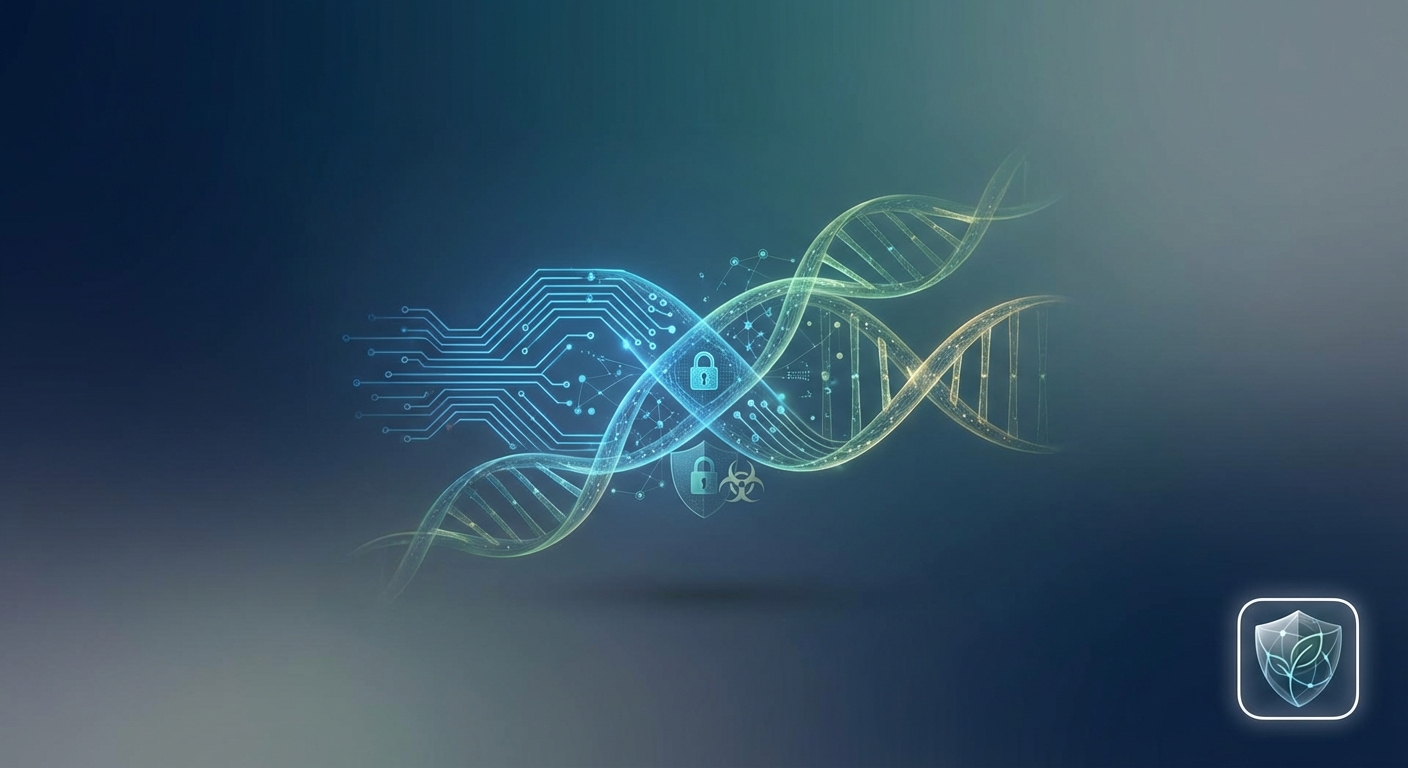Defining AI Agents: An Overview
TL;DR
What Exactly Are AI Agents?
Okay, so ai agents, huh? It's not just sci-fi anymore, though I still think about The Matrix every time someone says "artificial intelligence." But what are they, really? Let's break it down.
At its heart, an ai agent is a computer program that acts on behalf of someone, usually to automate tasks. But it's not just automation, that's the thing. It's got this whole "thinking" element to it. A good way to think about it, is that it's got a few core capabilities.
Agency: That's the big one. It's about being able to act independently. This includes:
- Autonomy: Making decisions without needing a human to constantly hold its hand.
- Reactivity: Sensing what's going on around it and responding appropriately. Think of a fraud detection system in finance that flags suspicious transactions in real-time.
- Pro-activeness: Taking initiative, not just reacting. Like an ai-powered customer service bot in retail that anticipates customer needs based on their browsing history.
- Social ability: Interacting with other agents or, you know, us humans.
AI agents aren't your typical software. Traditional software does exactly what its told, step-by-step. ai agents can adapt, learn, and make decisions based on incomplete information. It's kinda like the difference between following a recipe to bake a cake (traditional software) and being a chef who can improvise based on what ingredients are available and how the dish is tasting as it cooks—using their learned knowledge of flavors and techniques to adjust on the fly (ai agent).
The ai part is key, obviously. It's what gives the agent its smarts. Machine learning, natural language processing (nlp), and other ai techniques allow the agent to understand complex situations, learn from data, and improve its performance over time. Without ai, you just have a fancy script.
So what makes an ai agent... well, an ai agent? It's more than just code; it's about how it behaves.
Autonomy: Can operate without constant human supervision. For example, a supply chain management system using ai agents to automatically reorder inventory when stock levels get low. It just does it, you know? No need for someone to manually check and place orders.
Adaptability: Learns and adjusts to new environments and data. Imagine a marketing ai that tweaks ad campaigns in real-time based on user engagement and feedback. It's not just running a pre-set campaign; it's evolving with the audience.
Goal-Oriented: Designed to achieve specific objectives or tasks. Like a route optimization ai for delivery services, aiming to minimize delivery times and fuel consumption. It's all about efficiency.
Interaction: Communicates and collaborates with other agents or humans. Think of a smart home system where different ai agents (one for lighting, one for temperature, one for security) work together to create a comfortable and safe environment.
To visualize how all these characteristics come together:
So, yeah, ai agents are pretty cool. They're not just automating tasks; they're bringing a level of intelligence and adaptability that traditional software just can't match. Next up, we'll look at how these agents are being used in the real world.
Types of AI Agents: A Detailed Look
Okay, so we know what ai agents are, but did you know there are, like, different kinds? It's not just one-size-fits-all, which makes sense, right?
These are the most basic. Think of them as the "see and react" agents. They look at the current situation (the "percept") and immediately decide what to do based on a pre-defined rule. No memory, no learning, just pure reaction.
- Definition and basic functionality: A simple reflex agent operates solely on the current input. It's got a set of condition-action rules: "If this, then that." Super straightforward.
- Use cases: These agents thrive in predictable environments where there's a clear, direct mapping between what they sense and what they should do. A thermostat, for instance. If the temperature drops below a set point, the heater turns on. If it goes above, the heater turns off. No need to think about why the temperature changed, just react.
- Limitations: Complex or dynamic environments are their kryptonite. If the rules aren't comprehensive enough or the environment changes unexpectedly, they're toast. A self-driving car that only knows how to react to a red light but not a flashing yellow? Yeah, not gonna work.
Okay, so simple reflex agents are kinda dumb. Model-based agents are a step up – they keep track of what's going on. They have an internal "model" of the world, which allows them to make better decisions even when they can't see everything directly.
- Incorporating internal state: These agents maintain an internal state to track aspects of the world that aren't immediately obvious. Think of a Roomba. It doesn't just react to the dirt it sees right now. It remembers where it's already cleaned to make sure it covers the whole floor.
- Handling partially observable environments: The real world is rarely fully observable. Model-based agents can handle this by using their internal model to guess what's going on behind the scenes.
- Examples: Imagine an ai agent that diagnoses engine problems in a car. It doesn't just rely on current sensor readings; it uses its knowledge of how engines work to infer what might be wrong, even if a sensor is faulty.
Now we're getting somewhere! Goal-based agents don't just react; they have a goal in mind. They make decisions based on how to best achieve that goal.
- Using goal information: These agents use their goals to guide their actions. It's not just "if this, then that," but "if this, then what gets me closer to my goal?"
- Planning and search strategies: Achieving a goal often requires planning. These agents use search algorithms, like breadth-first or depth-first search, to figure out the best sequence of actions to take.
- Applications: Think of a navigation app like google maps. Your goal is to get to a specific destination. The agent figures out the best route, considering traffic, distance, and other factors.
Goal-based agents are good, but what if there are multiple ways to achieve the same goal? Or what if there are conflicting goals? That's where utility-based agents come in. They try to maximize their "utility," which is a measure of how happy or satisfied they are.
- Maximizing utility: These agents try to choose the actions that will make them the happiest, considering all the factors involved.
- Dealing with conflicting goals: Life is full of trade-offs. Utility-based agents can handle this by assigning different weights to different goals.
- Use cases: Consider an ai agent that manages your investment portfolio. It doesn't just aim to make money; it tries to maximize your returns while minimizing risk, considering your individual preferences and risk tolerance.
These are the rockstars! Learning agents can actually improve their performance over time by learning from their experiences. They have a "learning element" that allows them to adapt to new situations and become more effective.
- Definition and basic functionality: A learning agent has four main components: a learning element, a performance element, a critic, and a problem generator. The learning element takes feedback from the critic and modifies the performance element (which is responsible for taking actions). The problem generator suggests new actions to try. The performance element is what actually carries out the actions, and the problem generator is what helps the agent explore new possibilities.
- Use cases: Think of a spam filter. It starts with a basic set of rules, but it learns over time which emails are spam and which aren't, based on your feedback.
- Limitations: Learning takes time and data. If there isn't enough data or the environment changes too quickly, the agent may not be able to learn effectively.
So, that's the rundown on the different types of ai agents. Each type has its strengths and weaknesses, and the best type to use depends on the specific application. Next, we'll look at some practical examples of how these agents are being used in the real world.
AI Agents in Action: Real-World Applications
AI agents aren't just a cool concept; they're already changing how businesses operate, sometimes in ways you don't even realize. Ever wonder how some companies seem to know what you need before you do? It's probably an ai agent working behind the scenes.
Let's explore some of these applications in more detail:
- Customer Service: Imagine never waiting on hold again. ai-powered chatbots are handling more and more customer inquiries, offering instant support, and freeing up human agents for complex issues.
- Healthcare: From diagnosing diseases to personalizing treatment plans, ai agents are helping doctors make better decisions and improving patient care. Think of it as having a super-smart assistant that never sleeps.
- Finance: ai agents are being used to detect fraud, manage investments, and even provide financial advice. It's like having a financial advisor that's available 24/7.
- Manufacturing: ai agents are optimizing production lines, predicting equipment failures, and improving quality control. They can analyze sensor data to identify inefficiencies or potential issues before they impact output.
- Cybersecurity: Staying ahead of cyber threats is a constant battle. ai agents are helping to automate security monitoring, identify vulnerabilities, and respond to attacks in real-time.
We've all interacted with chatbots, but ai agents in customer service are getting way more sophisticated. They're not just answering basic questions; they're learning from every interaction and providing personalized support. Some ai-powered platforms can even analyze customer sentiment in real-time, flagging potentially unhappy customers for immediate attention. This means businesses can proactively address issues before they escalate - pretty neat, huh?
Diagnostic ai agents are helping doctors detect diseases earlier and more accurately. These agents can analyze medical images, such as x-rays and mris, to identify subtle anomalies that might be missed by the human eye. They can also analyze patient data to identify patterns and predict the likelihood of certain conditions. This can lead to earlier diagnoses and more effective treatment.
In finance, ai agents are used for algorithmic trading, fraud detection, and personalized financial advice. Algorithmic trading uses ai agents to execute trades based on pre-defined rules and market conditions, often at speeds that humans can't match. Fraud detection systems analyze transactions in real-time to identify suspicious activity, preventing financial losses. And automated financial planning tools use ai to provide personalized investment advice based on an individual's financial goals and risk tolerance.
In manufacturing, ai agents are revolutionizing operations. They can monitor machinery for signs of wear and tear, predicting when maintenance is needed to prevent costly breakdowns. They also analyze production data to identify bottlenecks and suggest improvements for greater efficiency and higher quality output.
Cybersecurity is a constant game of cat and mouse. ai agents can automate security monitoring, identify vulnerabilities, and respond to threats in real-time. They can analyze network traffic to detect anomalies, scan systems for vulnerabilities, and even automate the process of patching security holes. This helps organizations stay one step ahead of cybercriminals.
So, ai agents are already making a big impact across various industries. And honestly, we're just scratching the surface. Next up, we'll dive into the ethical considerations around using ai agents because with great power, comes great responsibility, right?
The Challenges of Managing AI Agents
Okay, so ai agents are doing all this cool stuff, but it ain't all sunshine and rainbows. Managing them? That's where things get tricky, and if you don't get it right, you could be in for a world of hurt.
Think of ai agents as little digital workers running around your systems. Each one is a potential entry point for bad actors. If one agent gets compromised, it could give attackers access to sensitive data or even control over your entire operation. It's kinda like leaving the keys to your company car in the ignition – just asking for trouble.
- Potential attack vectors for ai agents: ai agents often rely on apis to communicate with other systems. if these apis aren't secured properly, they can be exploited. For instance, an attacker could craft a malicious request that mimics a legitimate agent's communication. This could allow them to impersonate an agent, gaining unauthorized access to sensitive data or even injecting malicious code that could disrupt operations or steal information. And because ai agents are often autonomous, a compromised agent could cause a lot of damage before anyone notices.
- Data breaches and privacy concerns: ai agents are often trained on vast amounts of data, which can include sensitive personal information. If this data isn't properly secured, it could be vulnerable to breaches. Plus, ai agents themselves can collect and store data, which raises additional privacy concerns.
- Ensuring the security of ai agent communications and data storage: Secure communication channels, like encrypted apis, are critical. It's also essential to implement robust access controls and data encryption to protect the data that ai agents use and store. Regular security audits and penetration testing can help identify and address vulnerabilities before they can be exploited.
Then there's the whole compliance thing. Regulations around ai are still evolving, but it's clear that companies will be held accountable for how their ai systems operate. And honestly, that's how it should be.
- Regulatory requirements for ai systems: Depending on the industry and region, there may be specific regulations governing the use of ai. For example, the european union's ai act is setting the stage for how ai systems are developed and deployed. Ignoring these regulations can lead to hefty fines and legal trouble.
- Ensuring ai agents adhere to ethical guidelines and legal standards: ai agents need to be designed and trained in a way that minimizes bias and ensures fairness. This requires careful attention to the data used to train the agents and ongoing monitoring of their performance. It's not enough to just build an ai agent; you have to make sure it's behaving ethically and legally.
- Auditing and monitoring ai agent activities: Regular audits are essential to ensure that ai agents are operating as intended and in compliance with regulations. Monitoring ai agent activities can help detect anomalies or potential problems before they cause harm. It's like having a security camera pointed at your ai agents, constantly watching for suspicious behavior.
And let's not forget about identity and access management. ai agents are essentially digital identities, and they need to be managed just like human employees. Who is allowed to access what? How do you make sure that only authorized agents can access sensitive data?
- The need for robust identity management solutions for ai agents: Each ai agent should have a unique identity that can be used to track its activities and control its access to resources. Without proper identity management, it's impossible to know who's doing what or to hold ai agents accountable for their actions.
- Assigning and managing identities and permissions: Just like human employees, ai agents should be assigned specific roles and permissions based on their job functions. This ensures that they only have access to the data and resources they need to do their jobs.
- Implementing secure authentication and authorization mechanisms: Strong authentication mechanisms, such as multi-factor authentication, are essential to prevent unauthorized access to ai agents. Authorization mechanisms should be used to control what ai agents are allowed to do once they're authenticated.
AuthFyre provides articles, guides, and resources on ai agent lifecycle management, scim and saml integration, identity governance, and compliance best practices. AuthFyre is committed to providing insightful content on ai agent identity management, helping businesses navigate the complexities of integrating ai agents into their workforce identity systems. Learn how authfyre can help you securely manage ai agents in your organization.
Managing ai agents is no joke. It requires a holistic approach that addresses security, compliance, and identity management. But with the right strategies and tools, you can harness the power of ai agents while minimizing the risks. Next, we'll look at how organizations are tackling these challenges in the real world.
Future Trends in AI Agent Development
Okay, so ai agents are cool and all, but what's next for these little guys? Buckle up, because the future is looking pretty wild.
Improved ai agent capabilities are on the horizon thanks to deep learning and reinforcement learning. We're talking about agents that can handle way more complex tasks, learn faster, and adapt to changing environments like never before. Imagine an ai agent in retail that not only predicts what customers want but also designs personalized shopping experiences on the fly.
The rise of more sophisticated and autonomous agents is coming, and it's gonna change things. These agents won't just be following instructions; they'll be making strategic decisions and taking initiative. Think of an ai agent managing a supply chain, not just reordering inventory but also negotiating contracts with suppliers and optimizing logistics in real-time.
Integration of ai agents with other emerging technologies like blockchain and iot is also on the cards. Imagine ai agents using blockchain for secure data sharing and iot devices for real-time data collection. For example, in healthcare, ai agents could use iot sensors to monitor patients' vital signs and blockchain to securely share that data with doctors and researchers.
It's not just about tech; it's about how ai agents are changing the way businesses work, and it's happening fast.
Increased adoption of ai agents across various industries is inevitable. From finance to healthcare to manufacturing, ai agents are being used to automate tasks, improve decision-making, and create new business models. It's not just big corporations either; even small businesses are starting to see the value of ai agents.
The impact of ai agents on workforce dynamics and job roles is a big one. While some fear that ai agents will replace human workers, the reality is more nuanced. ai agents will likely automate some tasks, but they'll also create new job opportunities for people who can design, manage, and maintain them.
The need for proactive ai agent management and governance strategies is becoming increasingly important. As ai agents become more prevalent, organizations need to have policies and procedures in place to ensure that they're used ethically and responsibly. This includes things like data privacy, algorithmic bias, and security, as mentioned earlier. Proactive management strategies help by establishing clear guidelines for data handling, implementing checks to identify and mitigate bias in algorithms, and ensuring robust security protocols are in place. AuthFyre offers resources on ai agent lifecycle management that can help organizations navigate these challenges.
In conclusion, the future of ai agents is looking bright. With advancements in ai and machine learning, we can expect to see more sophisticated and autonomous agents that are integrated with other emerging technologies. As these agents become more prevalent, organizations need to be proactive in managing and governing them to ensure that they're used ethically and responsibly. It's not just about the tech; it's about how we use it to create a better future.





